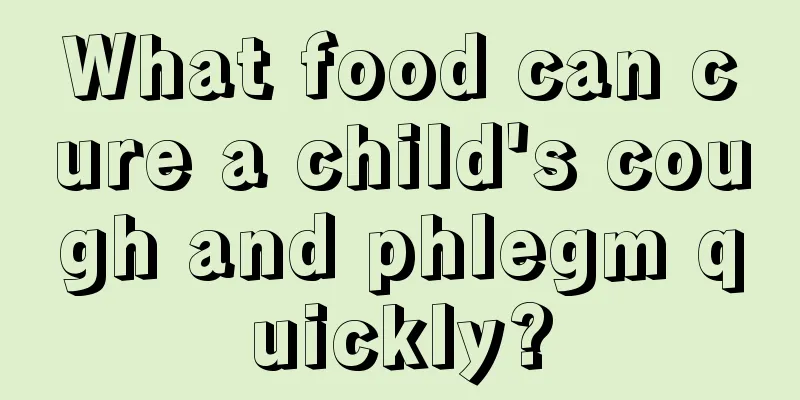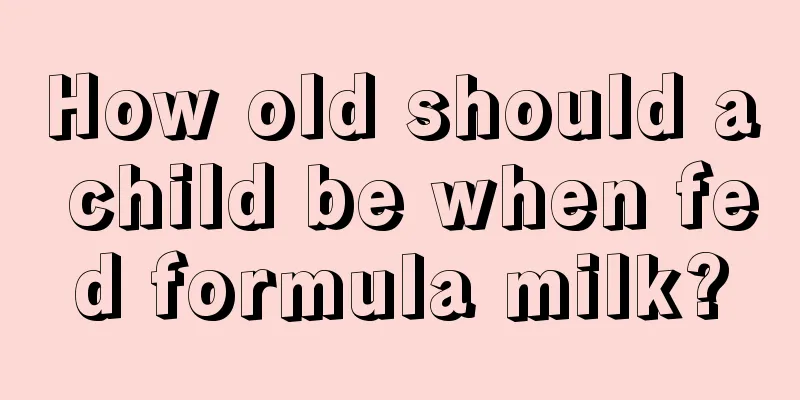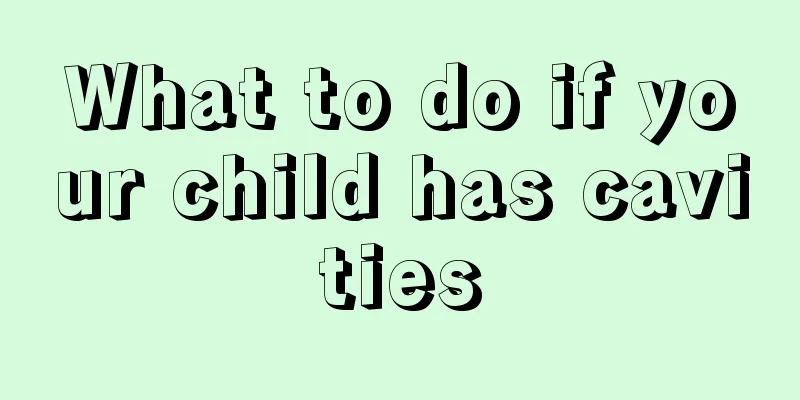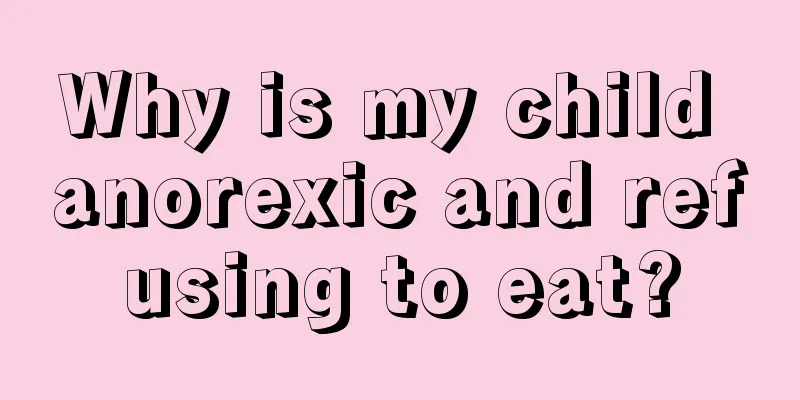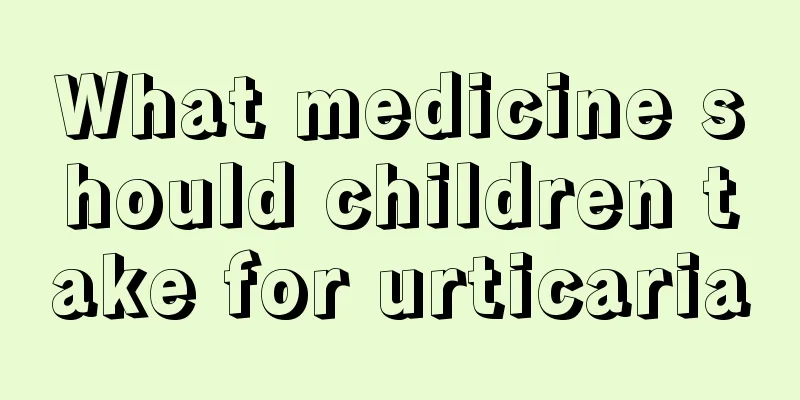How to treat abscesses on children's gums?
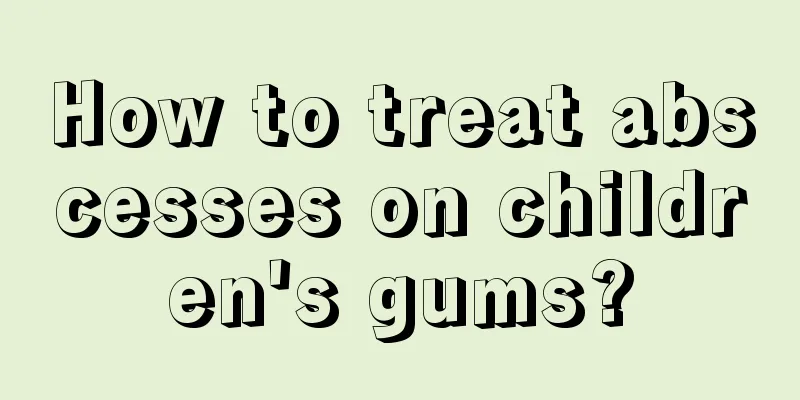
|
During the growth and development period of children, the gums are not fully developed, and they are prone to diseases such as abscesses on the gums. This is generally caused by inflammation of the children's gums. The auscultation of the gums in children requires detailed observation and examination. Pay attention to oral hygiene, brush your teeth as often as possible, and avoid eating overly sweet and greasy foods. You can take some anti-inflammatory drugs for treatment. At the same time, parents should pay more attention to details and check the oral cavity regularly. Causes of abscesses on children's gums Children's tissues are relatively loose, and the infection is discharged from the gums, indicating that the teeth suffer from periapical inflammation. treat In this case, the child should not only be given anti-inflammatory drugs, but also receive timely diagnosis and treatment. Otherwise, when the child's resistance is reduced, similar symptoms will occur. What’s more serious is that if you don’t seek medical treatment in time, the infection will develop deeper and easily affect the deep tissues, such as affecting the development of permanent teeth and causing mandibular osteomyelitis. Therefore, when you find "pus" on your child's gums, regardless of whether it is painful or not, you should seek medical attention and treat the affected tooth in time. Children's bad oral habits should be eliminated as soon as possible Sucking fingers, biting the lower lip, sticking out the tongue, and mouth breathing are common bad oral habits in children and should be eliminated as early as possible, otherwise they will cause oral and jaw deformities such as maxillary protrusion, narrow dental arch, crowded teeth, and open bite. If children over 3 years old still have the above-mentioned bad habits and cannot be quit through persuasion, they should go to the hospital for diagnosis and treatment in time and help them quit the bad habits through appropriate correction methods. For children who have the habit of mouth breathing, their upper respiratory tract should be checked to see if it is unobstructed, and whether they have symptoms such as enlarged tonsils, hypertrophic adenoids, and thickened nasal conchae, and timely treatment should be given to correct the mouth breathing habit. Correctly understand the importance of protecting teeth Can promote children's growth and development. If children have healthy teeth, they will not have toothaches, they will eat quickly and the food will taste delicious. This will enhance our chewing ability, promote the body's digestion of food and absorption of nutrients, and children will be healthier and stronger. The teeth are neat and beautiful. Childhood is the period of tooth replacement. If children learn to protect their teeth properly, they will avoid malpositioned or crooked teeth, and the teeth that grow out will be neat and beautiful. Pronounce correctly. Teeth play a big role in our pronunciation. Only healthy teeth can help us pronounce more accurately. Promote the physical and mental health of children. Not taking good care of your teeth may not only cause dental and oral diseases, but may also cause other physical diseases. Children will also feel inferior and be unwilling to interact with strangers. How to protect your teeth correctly Eat less sugar. Children love to eat sweets very much, but eating too much sugar will lead to tooth decay, and toothache will affect appetite, leading to malnutrition. Therefore, children should eat less sugar, especially before going to bed. Correct in time. If you find that your child's teeth are crooked or have what we commonly call "overbite", you should take them to the hospital for correction in time. If you miss this period, the correction will be more painful and the effect will not be very good. Rinse your mouth and brush your teeth frequently. Guide your children to develop the habit of rinsing their mouths and brushing their teeth. Rinse your mouth immediately after meals to remove food debris in the mouth, and brush your teeth in the morning and evening. Don't brush your teeth too hard or for too long, otherwise it will damage your teeth. Good living habits. Guide your children to develop good living habits and not to bite their nails, pens or other hard objects. |
<<: Does pediatric massage work for cough?
>>: How to correct torticollis in children?
Recommend
What's wrong with an 8-month-old baby's allergies?
The baby's skin is very delicate and can be e...
Dietary treatment for diarrhea in infants and young children
Diarrhea is a condition that many people suffer f...
What are the things to pay attention to when children learn to swim?
Swimming is now a form of exercise that many peop...
What happens if a newborn baby doesn’t poop for a day?
Many mothers are always confused about when their...
Methods for treating myopia and amblyopia in children
Nowadays, there are too many TVs and mobile phone...
Treatment of convulsions in children
Many children will experience convulsions. There ...
What should I do if my child has bloating?
If some children have problems, then it is necess...
Newborn baby wakes up crying
In daily life, many parents may have experienced ...
Symptoms of a 2-year-old baby getting a fish bone stuck in his throat
People cannot express their physical feelings whe...
How to quickly relieve toothache in babies?
Toothache is a very common disease in life, and i...
How to add egg yolk to baby food
The yolk is the most nutritious part of the egg. ...
Why is the child's palm hot?
The so-called hot palms are also called heat in t...
100-day-old baby development standards and complementary foods
Every baby starts growing from birth. If you obse...
What should I do if my child gets food poisoning?
Children's digestive system and stomach are v...
Causes of memory loss in children
Children are individuals who are constantly growi...

